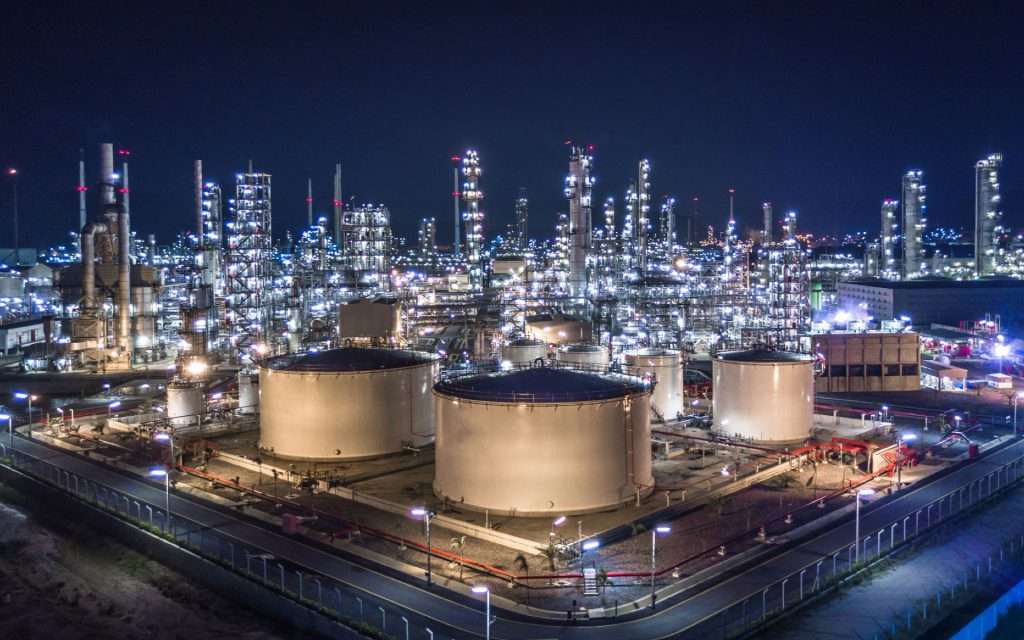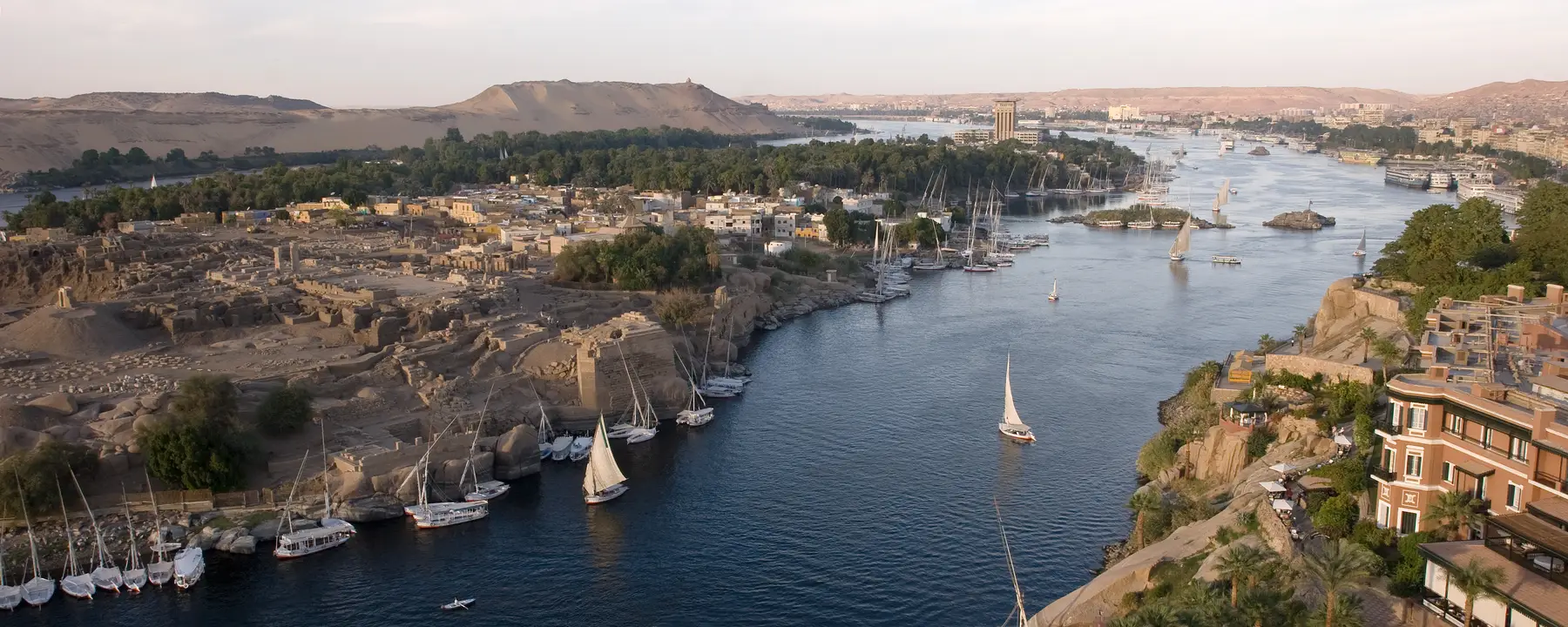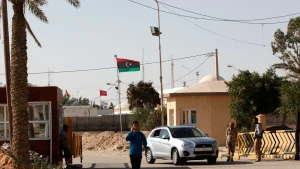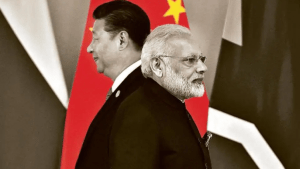Arab Monetary Fund forecasts 14.3% growth for Libya economy

The Arab Monetary Fund has forecast Libya’s economy to grow by 14.3% in 2025 according to the Moroccan-friendly outlet North Africa Post, via Libya Observer on August 13th.
Libya’s economic growth is expected to moderate to 5.9% in 2026, depending on factors such as domestic stability and stronger investor confidence.
In the Arab Monetary Fund’s report, it attributed the strong growth outlook to the hydrocarbons sector, which is achieving its highest productivity for 20 years, and of vital importance to state revenues.
The recent progress of the National Oil Corporation is paramount to Libya’s economic state, considering the country has the largest oil reserves in Africa with a total of 48.36 billion barrels.
However, the report warned that weak institutional capacity and fragile stability continues to impede the gradual reforms to economic and social conditions, with the two rival governments potentially disrupting the oil industry and broader economic stability.
Inflation in Libya has remained stable, easing to 2.1% in 2024, credited to the stable exchange rate between the Libyan dinar against the US dollar. This downward trend is set to continue with inflation projected at 1.8% in 2025, before rising slightly to 1.9% in 2026.
Economic conditions have improved for Libya in 2025, with major oil corporations returning to Libya and reopening offices in Tripoli to help revitalise the economy. Other North African countries such as Tunisia have advocated for stronger economic support for reconstruction.
Likewise, there has been further exploration in modernising the aviation sector in a bid to diversify the economy, exploring new direct routes with European countries to support economic and tourism exchange.
Caution is needed still. Risks persist from global trade tensions deriving from US President Trump’s tariffs, in addition to geopolitical uncertainties in the Arab region.
Whilst U.S tariffs will likely have limited impact on the Libyan economy due to hydrocarbons exemptions, the Fund noted that it could indirectly impeding growth by affecting key trading partners in Europe and the Arab region.
North Africa Post via Libya Observer, Maghrebi.org
Want to chase the pulse of North Africa?
Subscribe to receive our FREE weekly PDF magazine













